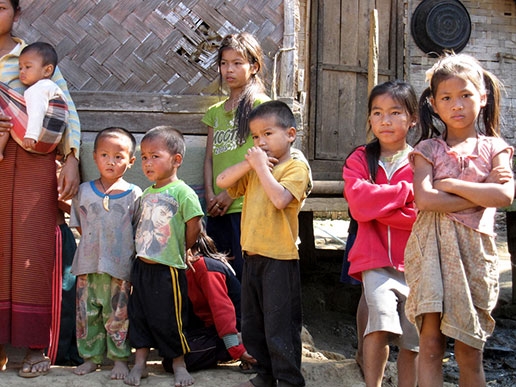Health in Southeast Asia: The Lancet Series

Southeast Asia is a microcosm of global health, according to The Lancet’s recently released series on the health of the region, where different sociopolitical dynamics, paths of economic development, and cultural and religious practices have catalyzed a range of health achievements and responses to new health challenges. The series, published in January, was the capstone of more than a year of planning, research, and drafting by regional scientists, undertaken with the support of CMB, Atlantic Philanthropies, and Rockefeller Foundation.
The series focuses on the ten ASEAN countries—Brunei, Cambodia, Indonesia, Laos, Malaysia, Myanmar, the Philippines, Singapore, Thailand, and—which represent a total population of 580 million people. Contributors address some of the region’s key health issues, such as infectious disease control, maternal and child health, the rise of chronic non-communicable diseases, ensuring sufficient human resources for health, and health-financing reforms. These insights underscore the need for greater regional cooperation in meeting health challenges, through such measures as “control of cross-border health-related flows, the sharing of health resources, and prospects for joint action,” according toThe Lancet.
To disseminate the series, the CMB convened a consultation in Bangkok on January 25, with authors, health professionals, and policy makers in attendance. The series articles provided the starting point to address questions such as: What mechanisms can promote regional cooperation in health? How can the Lancet research be better translated into policy? How can research collaboration and capacity building be strengthened? The partnership that brought the series to fruition highlights some of the factors that can foster successful regional collaboration on health issues, according to Lincoln Chen, CMB president, including commonly shared goals, regularity of process, and development of trust among the region’s health professionals. Click here for electronic versions of the articles.
